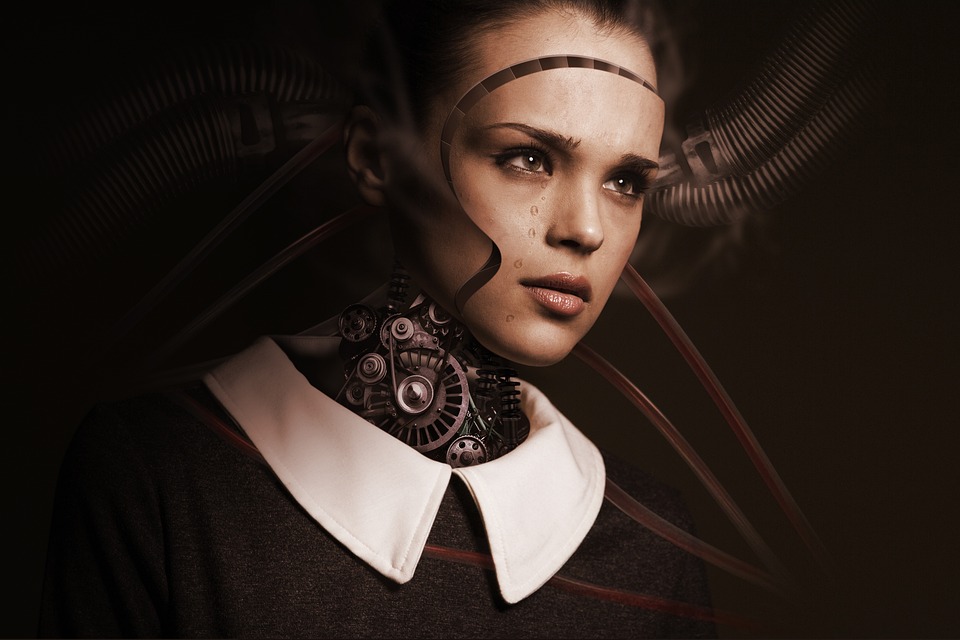The field of robotics has come a long way since its inception, with artificial intelligence playing a crucial role in shaping its evolution. From simple machines used in factories to sophisticated robots capable of performing complex tasks, robotics has experienced a rapid advancement thanks to the integration of AI technology.
Artificial intelligence, or AI, refers to the capability of machines to learn and adapt to new situations without explicit programming. This ability has been instrumental in making robots more intelligent, versatile, and efficient in their operations. With AI, robots can now perform tasks that were once thought to be the exclusive domain of humans, such as decision-making, problem-solving, and learning from experience.
One of the key developments in the evolution of robotics is the use of machine learning algorithms. These algorithms allow robots to analyze vast amounts of data and improve their performance over time. By learning from their own experiences and interactions with the environment, robots can continuously refine their skills and capabilities, making them more effective at completing tasks accurately and efficiently.
Another major innovation in the field of robotics is the integration of sensors and perception systems. These technologies enable robots to sense and respond to their surroundings in real time, allowing them to navigate complex environments, avoid obstacles, and interact with objects and humans. With sensors and perception systems, robots can perform a wide range of tasks, from assembling products on a manufacturing line to assisting in surgical procedures in a hospital.
Furthermore, the advent of advanced AI algorithms has enabled robots to work collaboratively with humans in a wide range of industries. Collaborative robots, also known as cobots, are designed to work alongside human workers, providing assistance and support in tasks that require both human dexterity and robotic precision. This collaboration has led to increased efficiency, productivity, and safety in various industries, from healthcare and logistics to construction and agriculture.
In addition to their practical applications, robots are also making significant strides in the field of research and development. AI-powered robots are being used in scientific exploration, such as space exploration and deep-sea exploration, where human presence is limited or dangerous. These robots are capable of collecting data in extreme environments and performing tasks that would be challenging or impossible for humans to undertake.
Overall, the evolution of robotics and artificial intelligence is revolutionizing the way we work, live, and interact with technology. As robots become increasingly intelligent and versatile, they are poised to play a more prominent role in various industries and sectors, driving innovation and shaping the future of automation. With the continuous advancements in AI technology, the possibilities for robotics are limitless, and the impact on society is sure to be profound.
